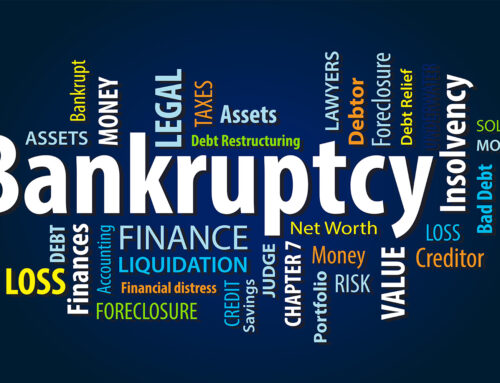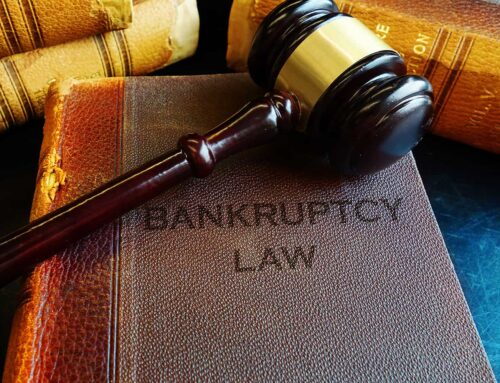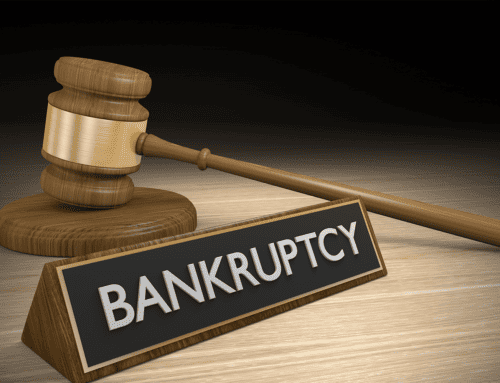Did you know that there are some types of debt which can result in a reduction of your Social Security benefit payments? It’s true. Certain personal delinquent financial obligations (debt) can result in a garnishment of your social security checks, thus reducing your monthly benefit payments. You may be surprised to learn that this is becoming more and more common. It is rather disconcerting to learn that so many retired Americans are dealing with this problem.
According to CNBC, “The number of Social Security recipients 65 and older who had their check reduced due to defaulted federal student loans increased by more than 500% between 2002 and 2015.” If you look at the statistics there is over $2.2 trillion in consumer debt for folks now in their 60s. For seniors 70-years and older that number has climbed to $1.2 trillion. Most of this debt is from mortgage loans, credit cards, car loans. A growing number of folks who paid for their kids’ college tuition, or co-signed for it, are also on the hook for those debts well into their golden years.
What Types of Unpaid Debts Could Result in Social Security Garnishments?
There are many types of unpaid or delinquent debts which can result in a garnishment on your social security checks. If you have received a court order to pay alimony or child support, then you can expect to see a reduction through garnishment if you happen to fall behind on those payments and the payee goes back to court demanding payment. This could be as much as 50-65% of your monthly check depending on applicable law in your state. If you took out for college loans you never paid, or college tuition loans you co-signed for but were never paid, expect a garnishment. If you have unpaid taxes, especially from the Federal Government, the IRS will most likely garnish your social security benefits, and they have your number. If you owe restitution for a crime, the court can garnish up to 25% of your check.
Unpaid Taxes and Student Loans
As mentioned above, one of the most common reasons for garnishments on social security payments is delinquent unpaid federal income tax. The laws state that the US Treasury Department can garnish up to 15% of your social security check each month until the amount due is paid in full. Occasionally, we find cases where they’ve garnished much more, only leaving enough left for basic living expenses.
If you find yourself in this position, it’s important that you contact the IRS and try to make a deal with them, and getting good legal representation could turn out to be a very wise choice on your part. There is a good chance you can get the total amount owed reduced and in some cases of ‘severe economic hardship’ have it eliminated altogether. Not always, but it’s possible.
You’ve probably heard in the news that you cannot discharge student loan debt even with bankruptcy. If those student loans were guaranteed by the government, such as federally backed college loans, or official Federal Student Loans originating from the Education Department, then the US Treasury Department can put a 15% garnishment on your social security payments, provided it doesn’t cause your monthly social security benefit to fall below $750. Today, over 4 million seniors over 60 have student loan debt.
Suffice it to say, try very hard not to renege on debt that you owe the Federal Government because that is where your social security checks are coming from.
Can Creditors Seize Social Security Money from My Bank Account
Yes, in some cases. For instance, if the money has been in your account for more than two-months, a creditor with a default judgment or court-ordered garnishment can seize that money. If you transfer the money to another account, it can also be seized by a creditor with a court-ordered garnishment to pay an unpaid debt.
If anything like this happens to you, or you are in fear it will, and you are living off your social security funds to survive, you should probably talk to a debt lawyer, bankruptcy attorney, or seek legal counsel. There are ways to prevent or reverse these things if you know the law and are diligent and pro-active. The law is actually on your side to a large degree, as our government wants to protect seniors. No one wants to see you out on the street merely for being delinquent on a financial obligation, unpaid back taxes, or a college loan debt.
If you have any questions or are worried about your financial situation with unpaid debts and your social security benefits life-line then it behooves you to give us a call. Each situation is slightly different and the law is complex in these matters. It’s important for you to know your rights and protect your social security income benefits.






